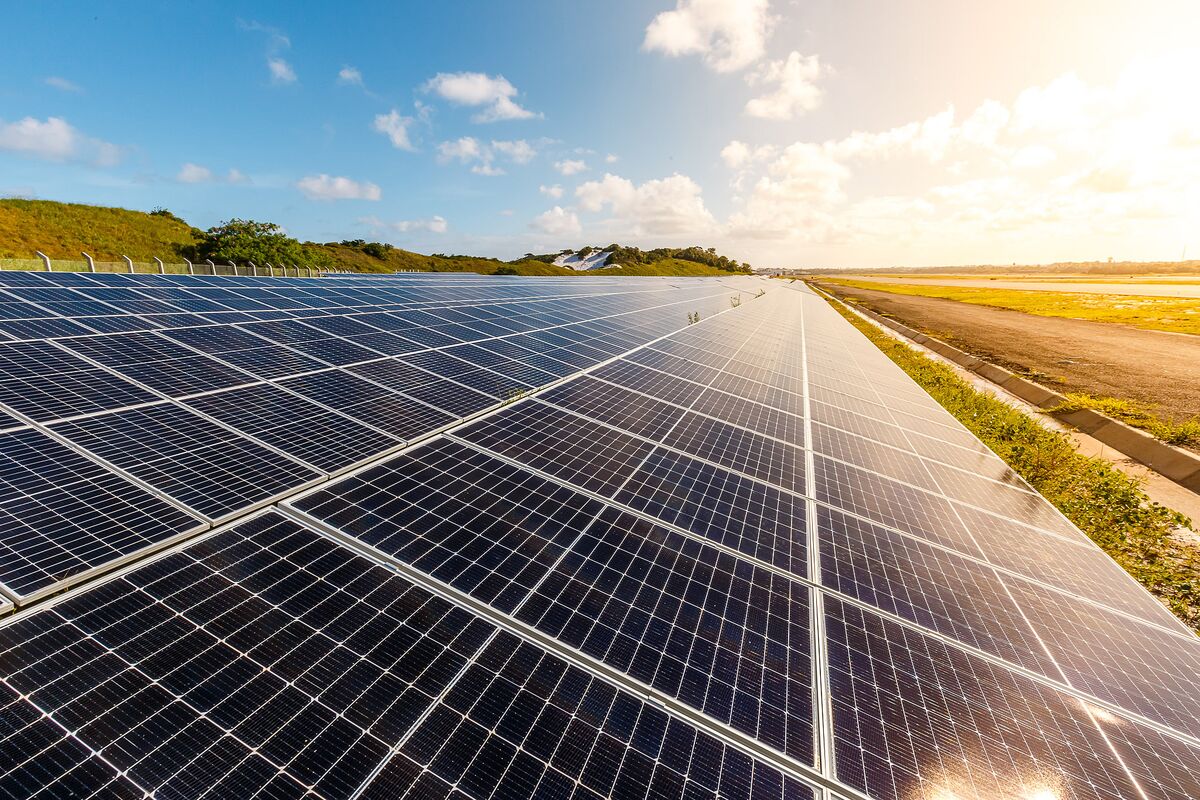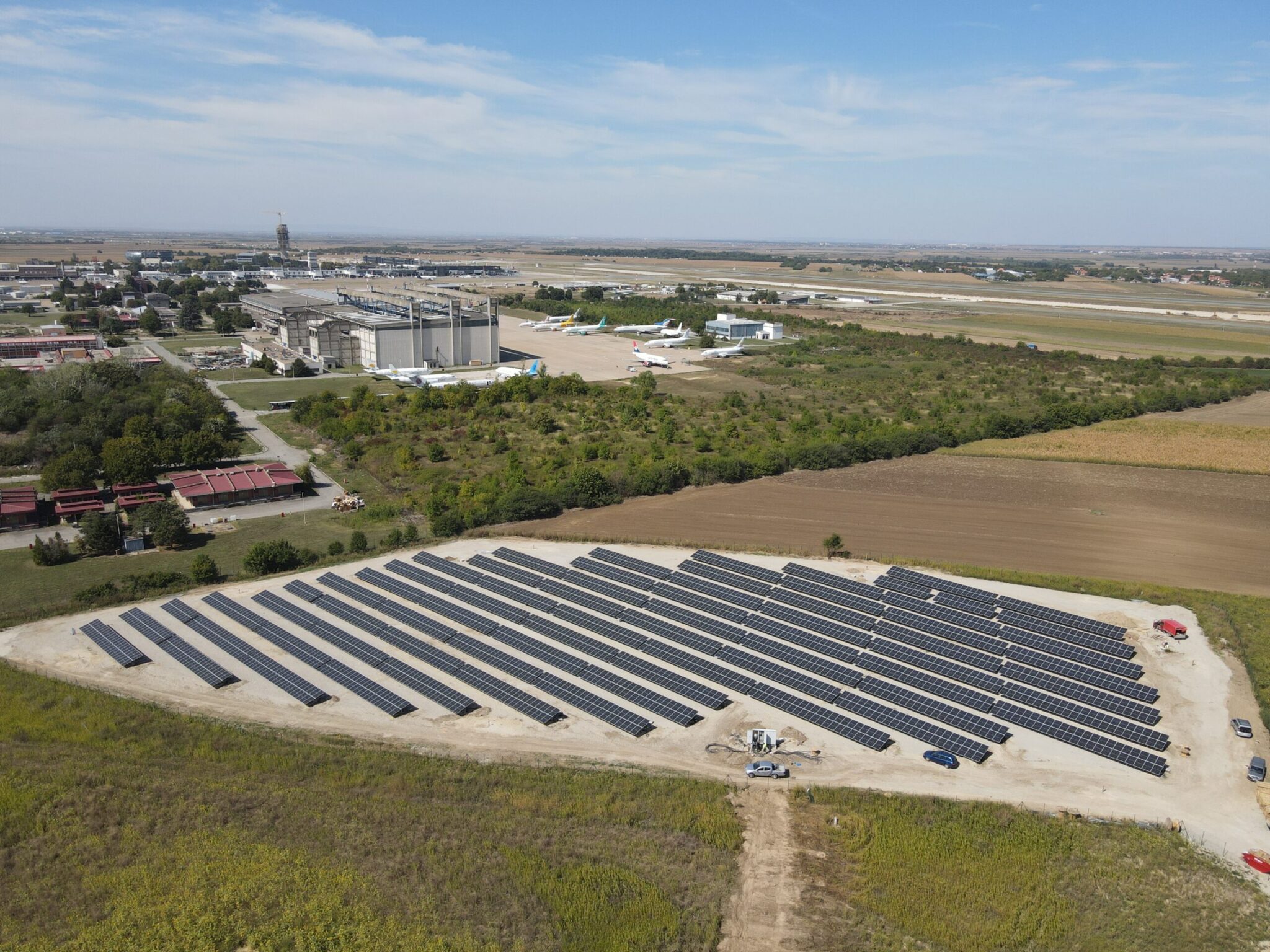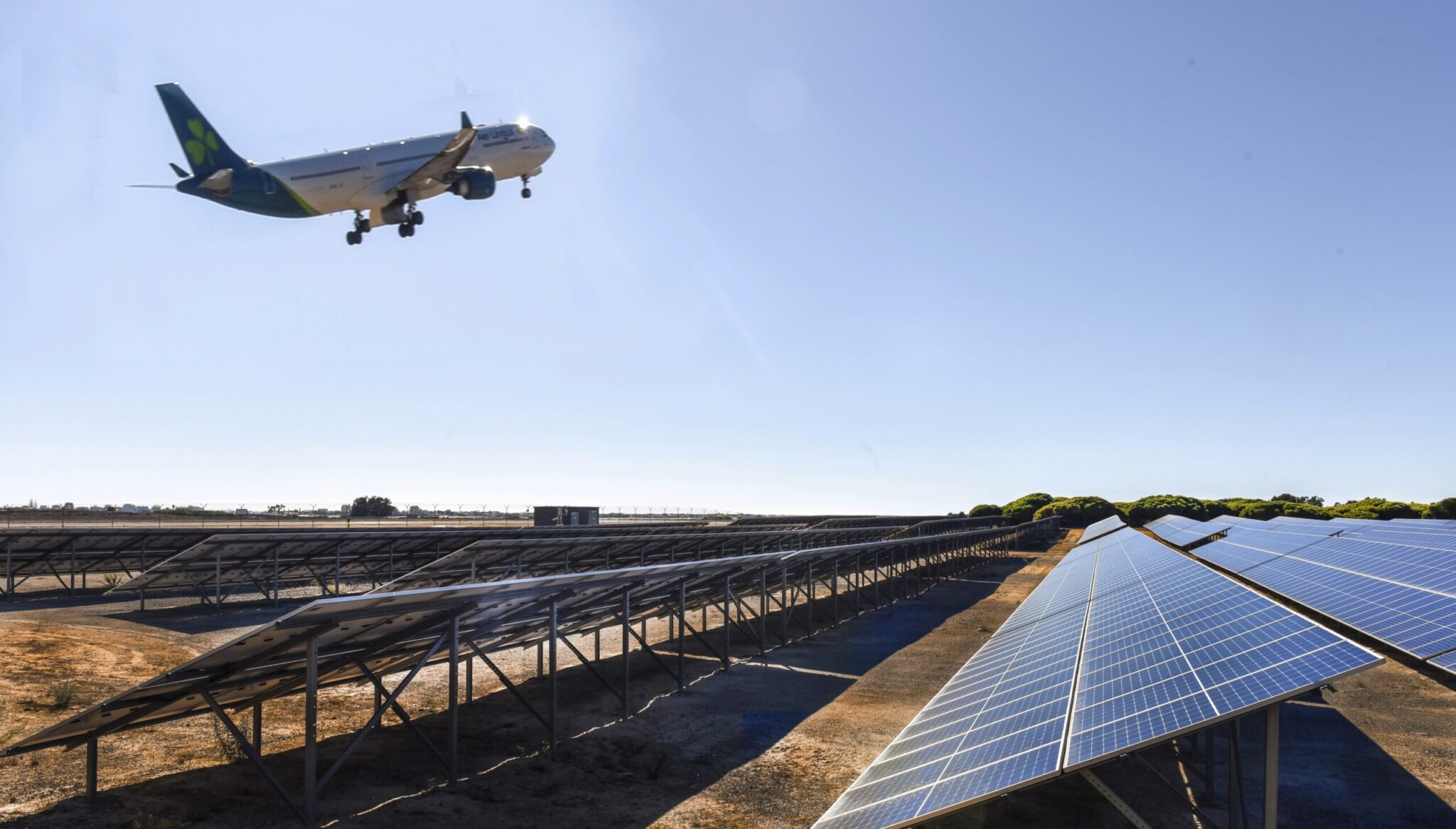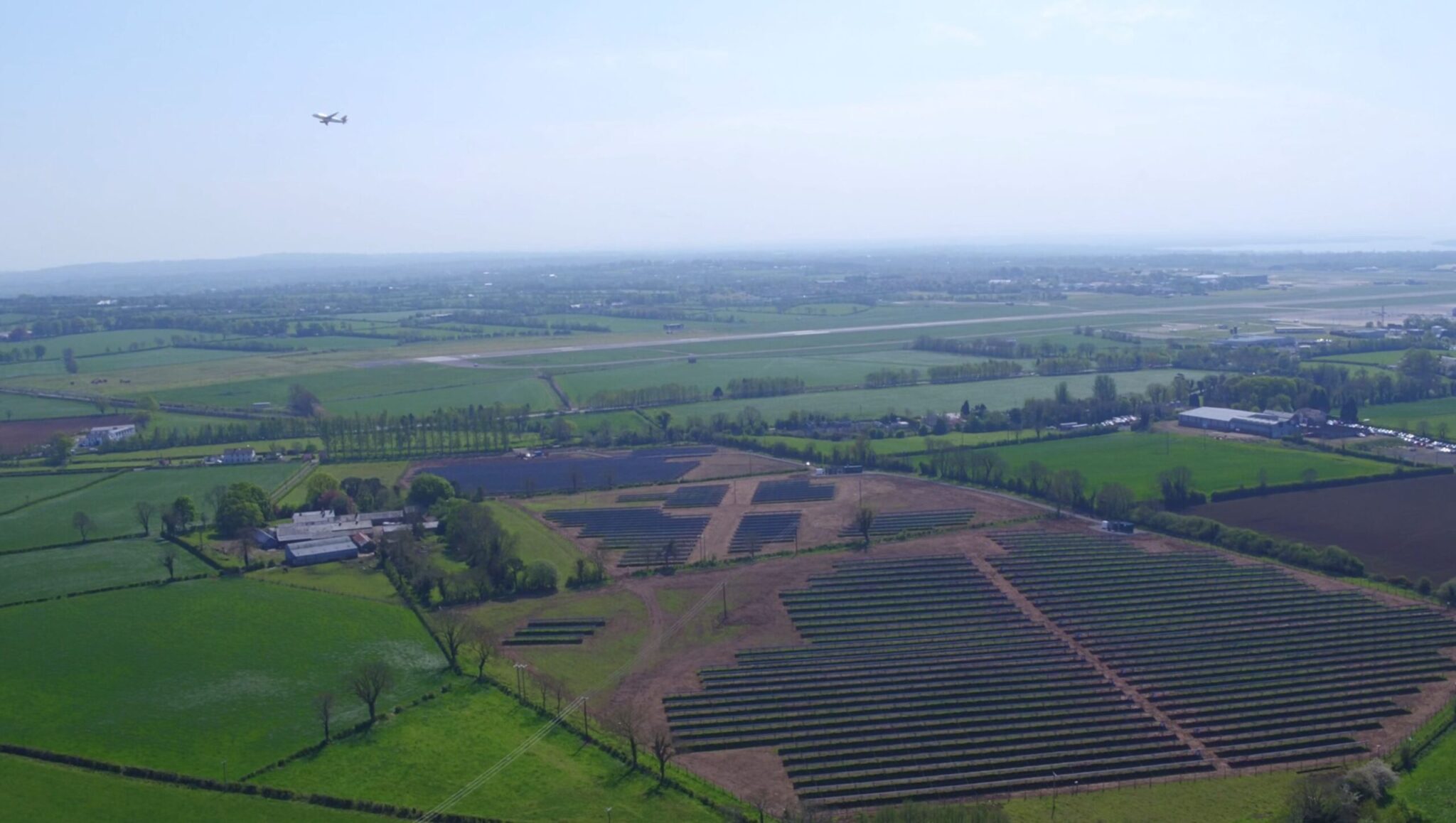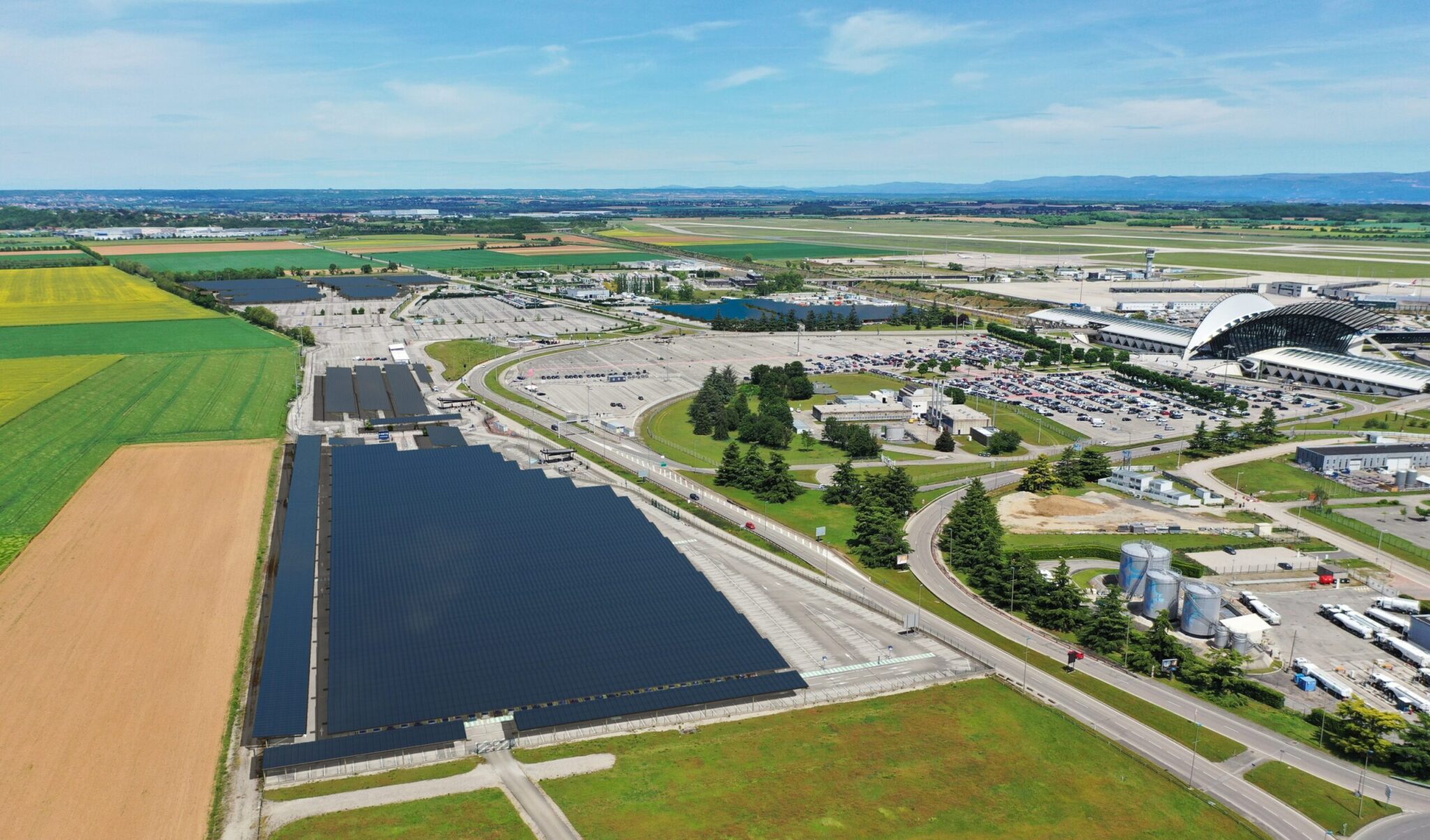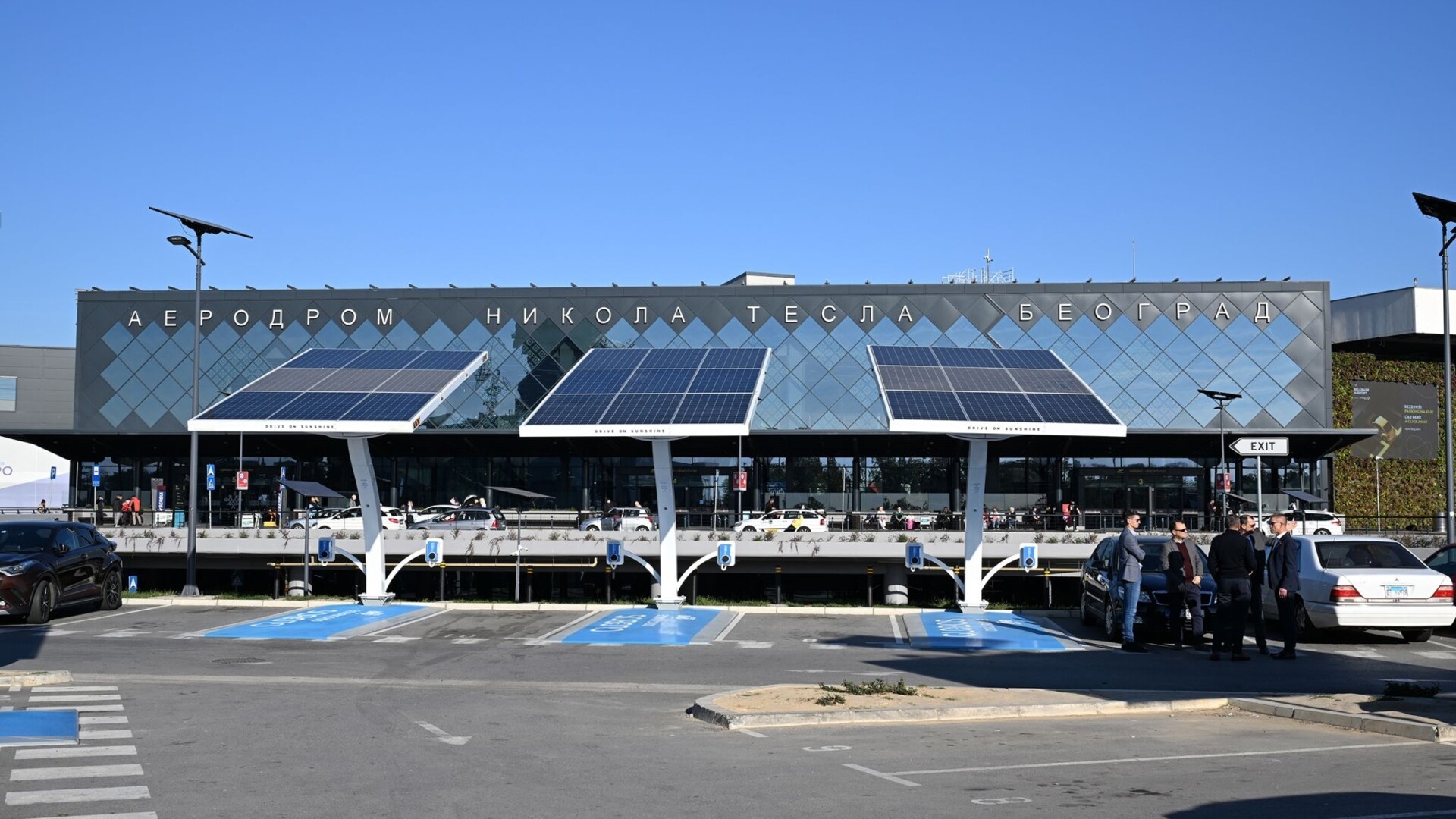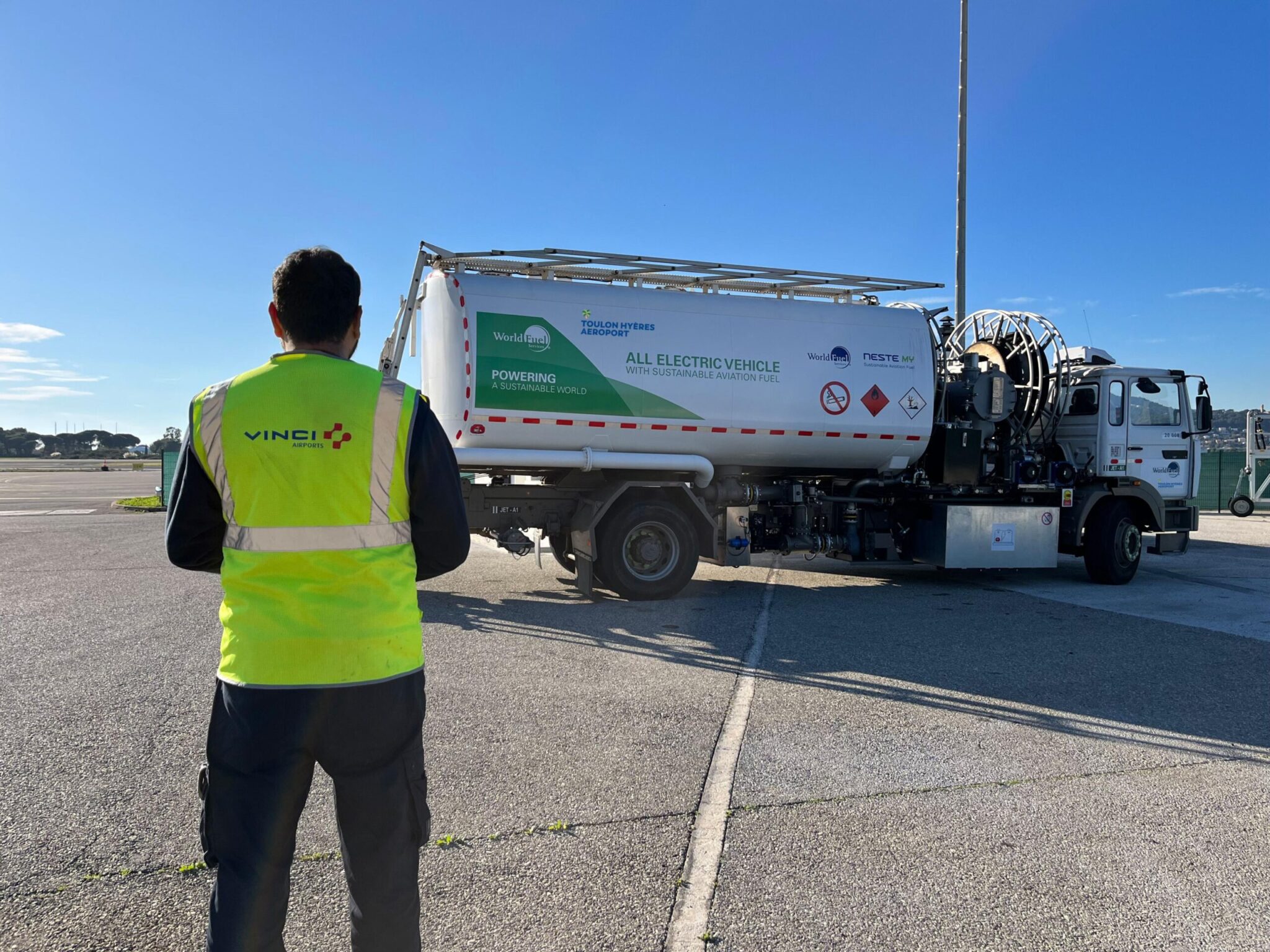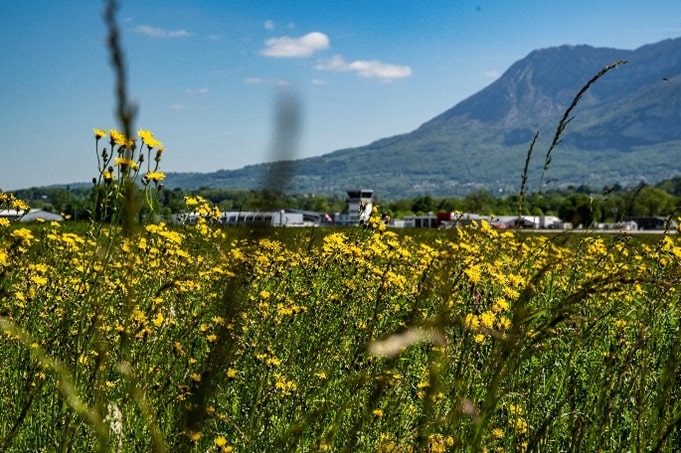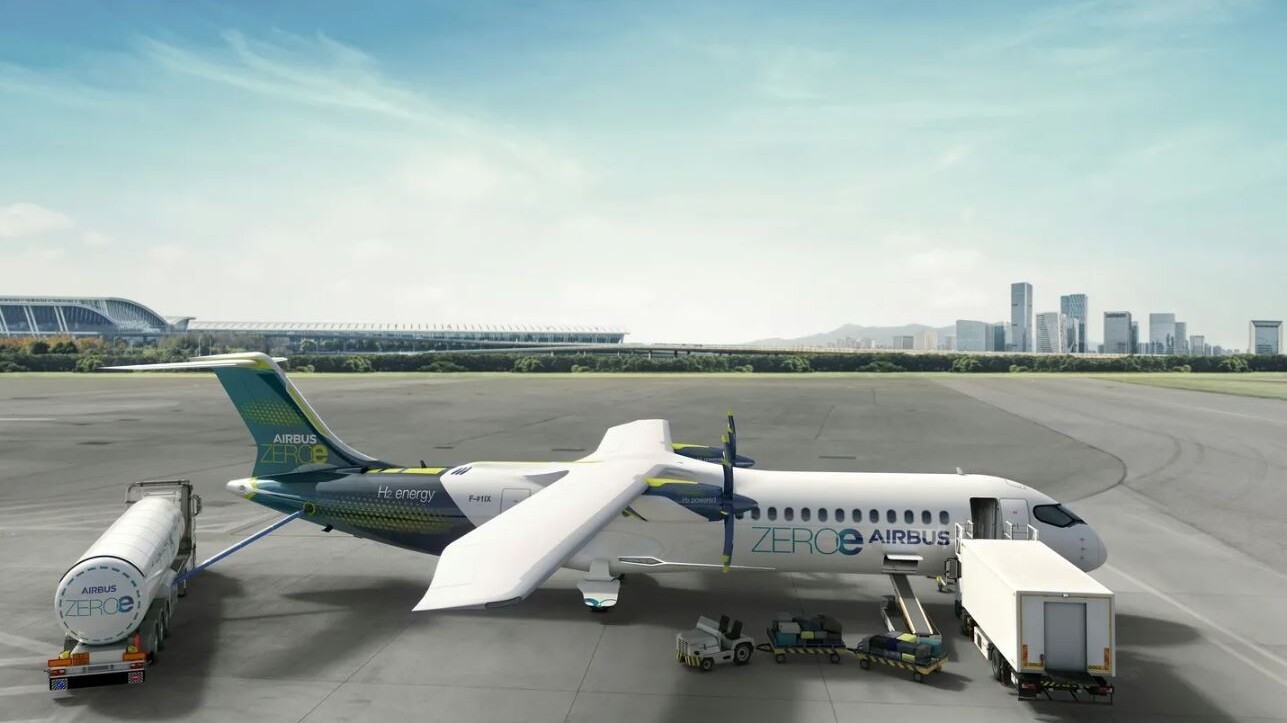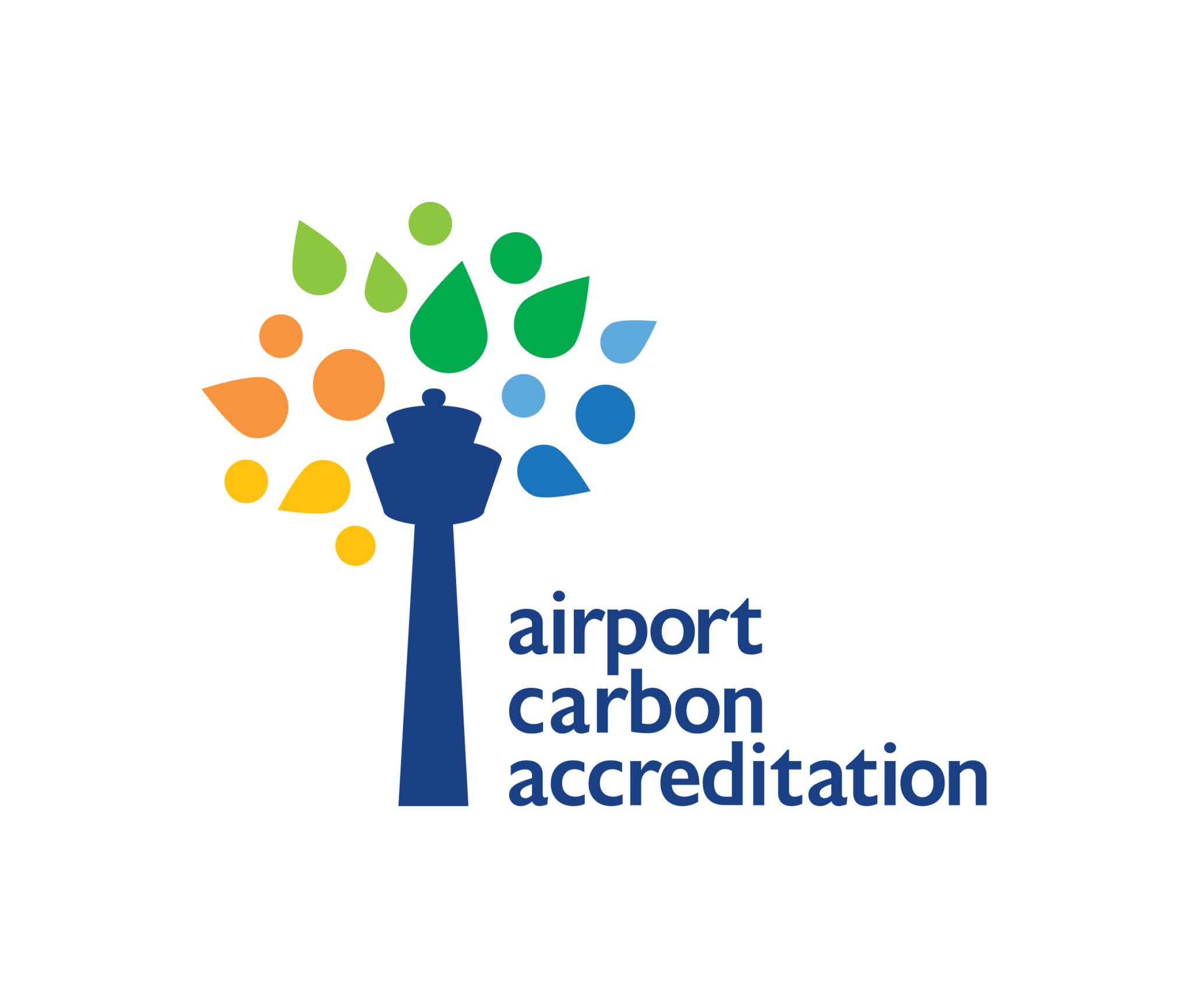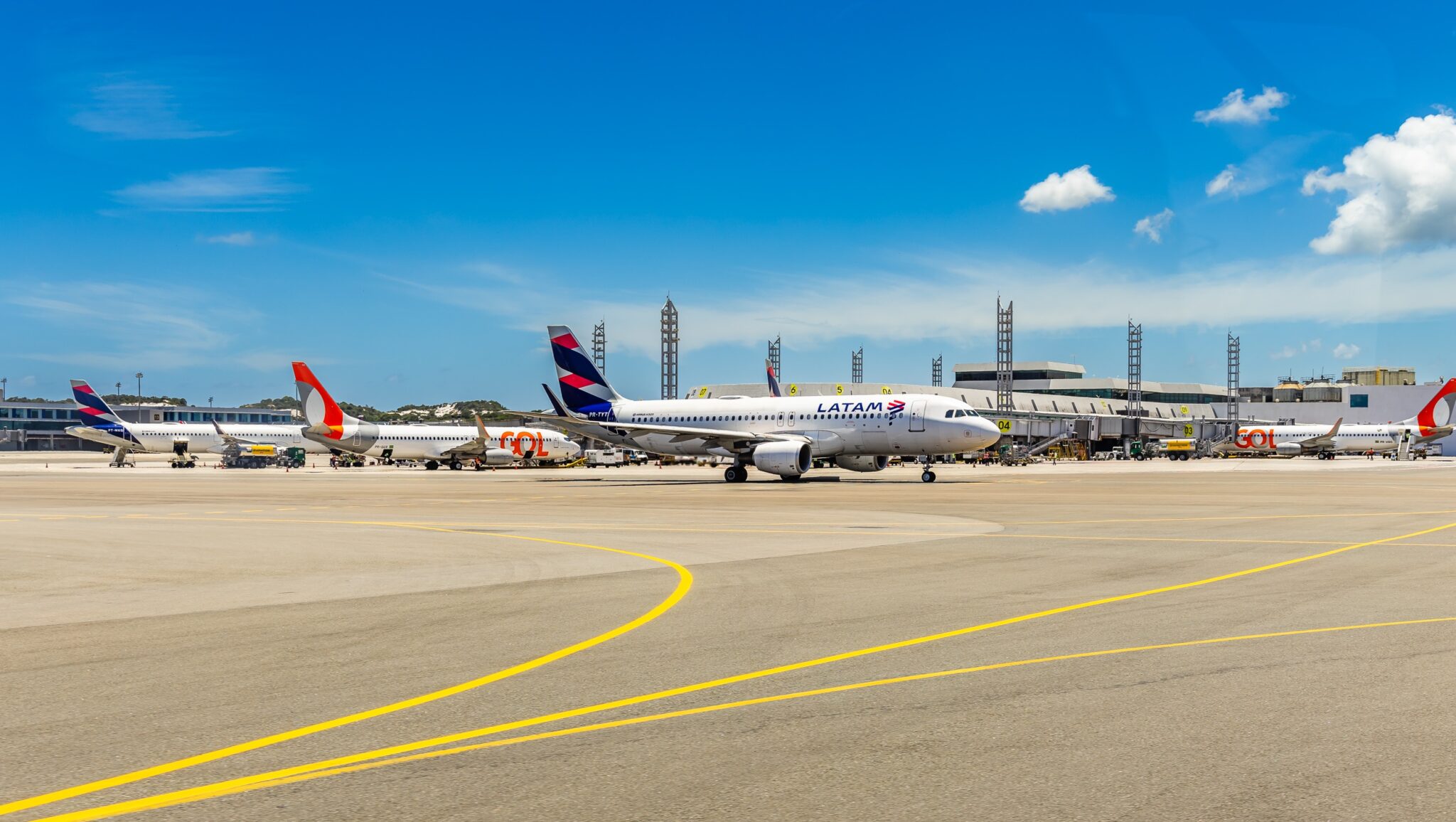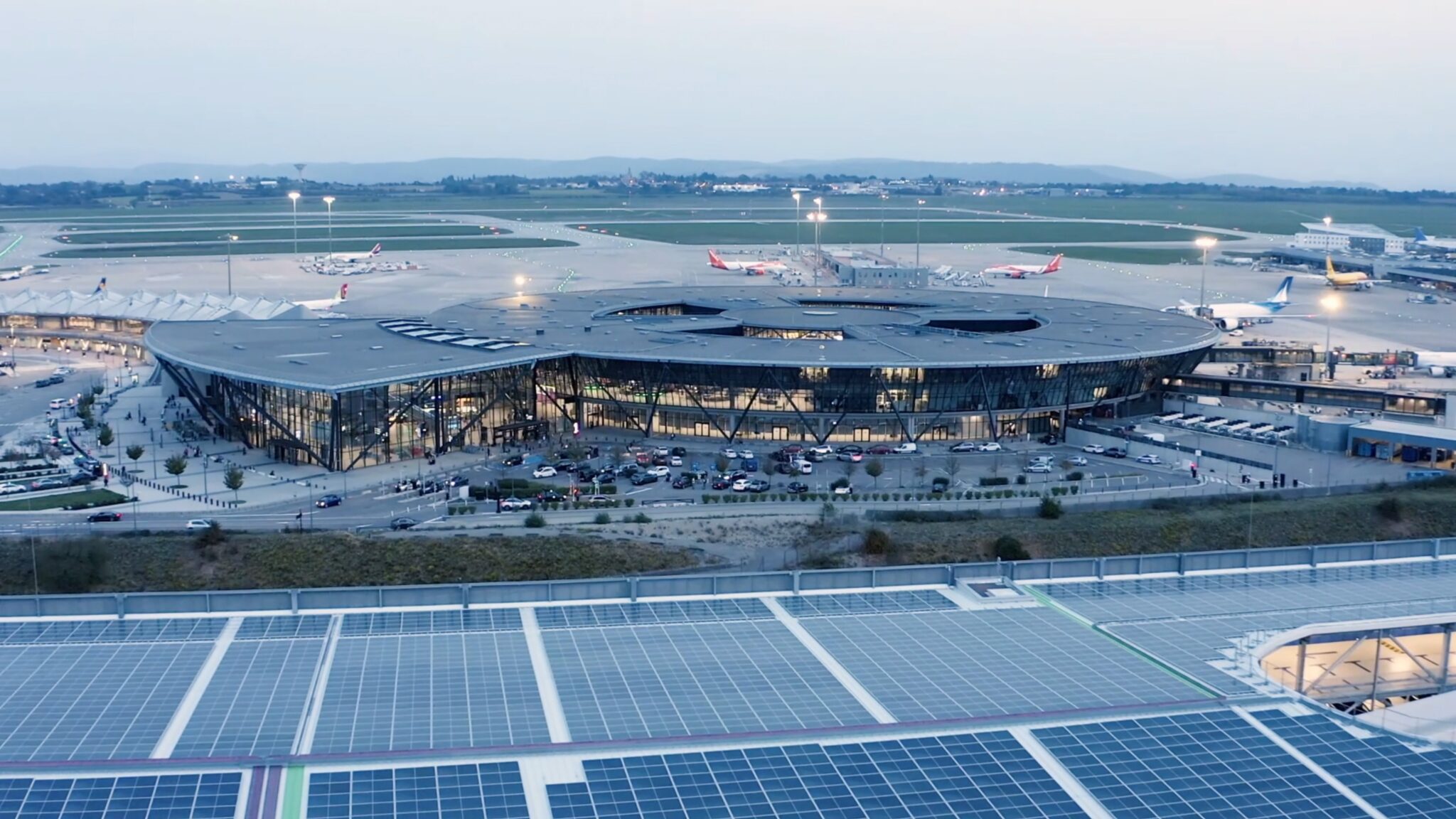Act for climate
Our priority is to decarbonize our operations and, more broadly, the entire mobility chain in connection with the territories. This ambition guides every one of our projects, investments and innovations, whether in the contracting phase or in operation. Our airports are following an ambitious environmental transition trajectory by implementing a clear action plan, the results of which are recognized by international certifications.
Finally, we seek to involve the entire airport ecosystem in our approach.
To decarbonize the entire mobility chain, we act around three priorities: leading the way in reducing emissions through energy efficiency measures and the use of renewable energy; looking beyond our own activities and helping our stakeholders (carriers, travelers, and others) to reduce their carbon footprint; supporting regions in their energy transition.
-
-66%of carbon reduction by 2030 compared to 2018 (scopes 1&2)
-
0net zero emissions by 2050 globally and by 2030 in the European Union + London Gatwick and Edinburgh (scopes 1&2)
-
+1GWpof solar capacity by 2030
